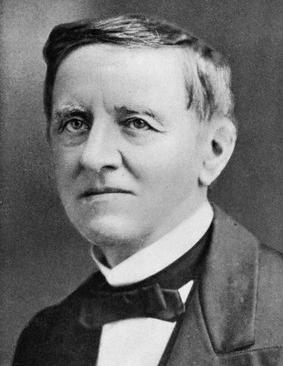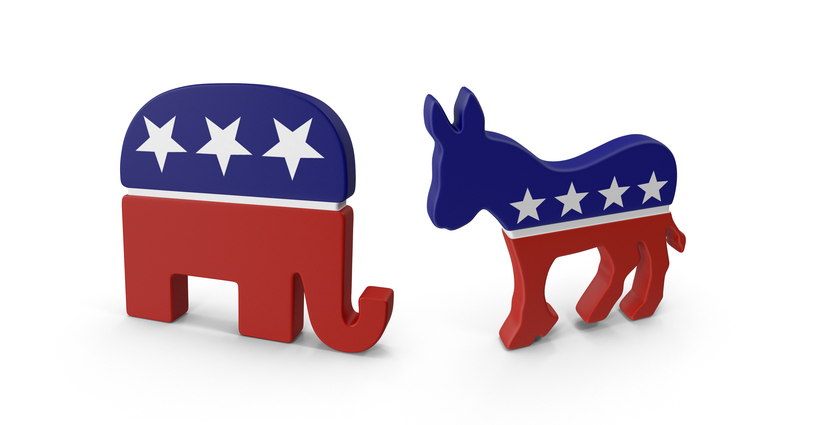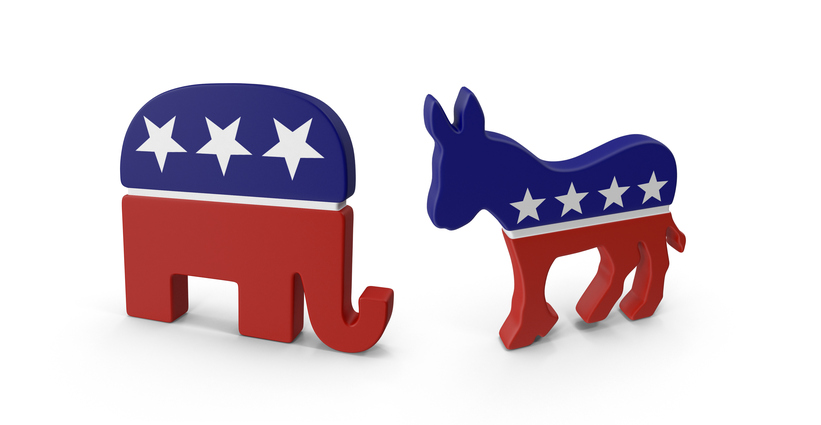Today’s political climate may be contentious, but it’s nothing new. The presidential election of 1876 just might still be the wildest in American history.

There were two major candidates: Democratic banking magnate Samuel J. Tilden, governor of New York for a little over a year, and Republican congressman and Ohio governor Rutherford B. Hayes. After the votes were in, Tilden had a comfortable lead of 184 electoral votes to Hayes’ 165. However, there were 20 that were still contested with unclear results…leaving Tilden with just one vote short of the necessary 185 to clinch victory. As far as the popular vote was concerned, Tilden handily won, topping Hayes by more than 200,000 votes after that first count.
The Electoral College
So what happened? The vagaries of the Electoral College came into play. Voters don’t directly vote for a presidential candidate, but rather a party to send representatives to cast electoral votes. They almost always go with what the voters in each state dictated, but not always. Just over a decade removed from the Civil War, tensions remained high, with widespread fraud reported—in South Carolina, source of 7 of those 20 undecided electoral votes, voting tallies wound up at a count of 101 percent. Pre-printed ballots for illiterate Democratic voters in some states featured photos of Abraham Lincoln…a Republican. Meanwhile in Oregon, one elector in the college was declared ineligible. By the time all the grievances were settled, all 20 of the contested votes went to Hayes, meaning he had 185 to Tilden’s 184. It’s the first time a candidate won the popular vote (by a final, approved number of just 35,000) but lost the electoral vote…as well as the closest Electoral College race in history.
What Happened to Tilden?
Hayes went on to be president, of course, while Tilden went back to his job as New York governor…for the few weeks before his term expired. The wealthy candidate resumed his various professional ventures: law and banking. He was knocked out of the 1880 Democratic primaries early and declined to run in 1884 because he didn’t feel healthy enough to do so. He was right—he died in 1886 at his massive, 110-acre estate just outside of New York City that he reportedly rarely left. His other estate: $7 million, worth about $190 million in today’s money. He left $4 million of it to establish a public library in New York City. In 1895, the New York Public Library opened because of Tilden’s gift.









